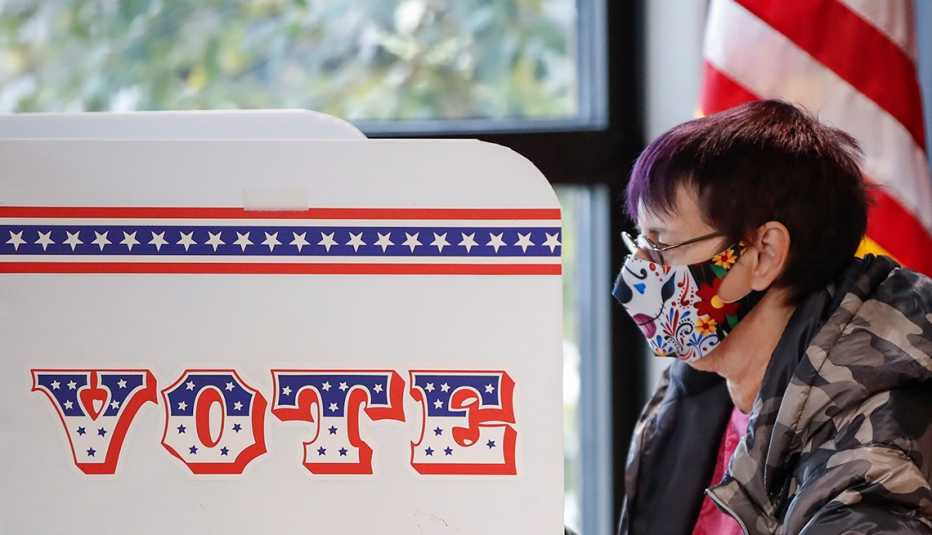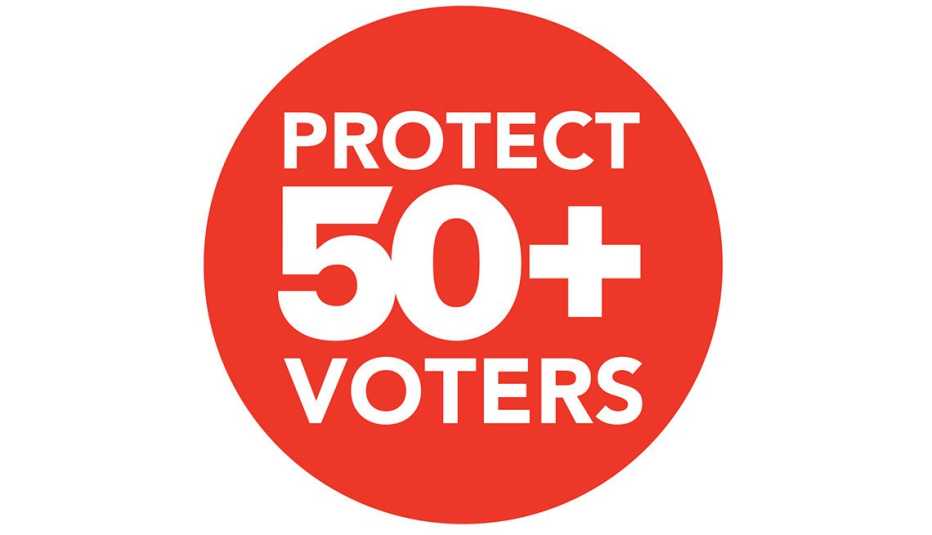Staying Fit


As women celebrate the 100th anniversary of securing the constitutional right to vote, their concerns over some of today's most-pressing issues, from COVID-19 to retirement security, are expected to bring them out in record numbers to exercise that right in the 2020 elections.
According to the Pew Research Center, voter turnout has been higher among women than men dating back to at least 1984. In the 2016 presidential election, 63 percent of women turned out, compared with 59 percent of men.


AARP Membership— $12 for your first year when you sign up for Automatic Renewal
Get instant access to members-only products and hundreds of discounts, a free second membership, and a subscription to AARP the Magazine.
"I call it the ‘worried woman’ constituency,” says Nancy LeaMond, AARP executive vice president and chief advocacy and engagement officer. AARP did a series of polls in September in 11 battleground states. Each survey found that women are more concerned than men about getting the coronavirus. Plus, they are more worried about paying for health care and being able to afford to retire.
For example, AARP's September polls showed that in Pennsylvania, nearly a quarter of women ages 50 to 64 said they couldn't afford to pay a medical bill or they had rationed the medication they take because of cost. Only 10 percent of men said the same. In Michigan, 55 percent of female respondents in that age group worried about being able to afford health care, compared with 41 percent of men.
"We are the caretakers,” says Beverly Cotton, a 67-year-old retired accountant from New Hampshire. “We're the ones who are more involved in managing the health care for our families. We're more aware of what it means to have good coverage, bad coverage and no coverage and what that means to our families.”
Women in all 11 states polled reported being more worried about getting COVID-19 than men. In Wisconsin, 60 percent of women over age 50 were fearful of becoming infected, compared with 48 percent of men. And in Arizona, 78 percent of women worried about getting the virus; that was true of 64 percent of men.


































































More on politics-society
6 Steps to Ensure Your Mail-In Ballot Gets Counted in 2020
Pandemic makes alternatives to in-person voting more important than everVoters With Disabilities Challenged During COVID-19
Casting ballots at home or in person sometimes a difficult decision50+ Voters Step Up to Work at Polls Despite COVID-19
Nationwide, election officials still need more people to help